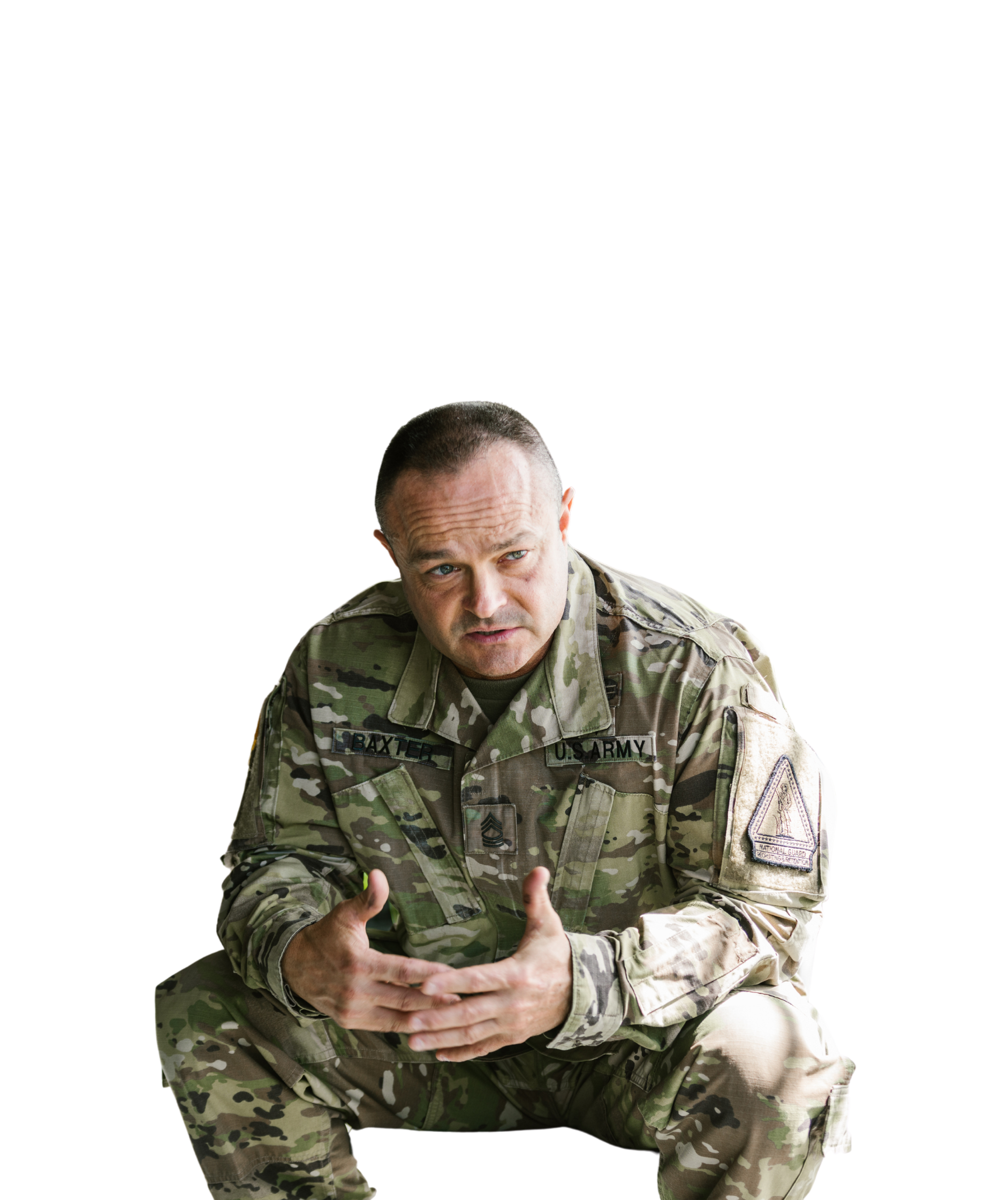Transitioning from military to civilian life is a significant adjustment for many veterans. While the journey can be rewarding, it often comes with its set of challenges, particularly in terms of mental health. The experiences of active duty can leave lasting impressions, making specialized mental health programs crucial for veterans’ well-being.
The Need for Specialized Care
Military life introduces unique stressors, and the nature of service can expose personnel to traumatic events that most civilians may never encounter. Veterans may experience post-traumatic stress disorder (PTSD), depression, anxiety, and other mental health issues at a higher rate than the general population. According to the U.S. Department of Veterans Affairs, about 11-20% of veterans of Operations Iraqi Freedom and Enduring Freedom have PTSD in a given year (source). This statistic highlights the pressing need for tailored mental health services.
Types of Specialized Mental Health Programs
Recognizing these challenges, several specialized mental health programs are available specifically for veterans:
1. Veterans Affairs (VA) Services
The VA offers comprehensive mental health services to veterans. These services include inpatient care, outpatient care, and specialized treatments like cognitive-behavioral therapy (CBT) and prolonged exposure therapy specifically designed to treat PTSD. The VA also provides telehealth options, which is convenient for those who may have mobility issues or live in remote areas.
2. Non-Profit and Community Services
Several non-profits focus on serving veterans. Organizations like the Wounded Warrior Project and Give an Hour offer free mental health services and support networks. These organizations often host peer support groups, which can be incredibly beneficial as they provide a sense of community and shared understanding.
3. Specialized Retreats and Therapeutic Programs
Retreats and specialized programs, such as those offered by Camp Valor Outdoors or the Boulder Crest Foundation, use a combination of outdoor activities and therapeutic interventions to help veterans process their experiences. These programs often blend physical activity with mental health support, providing a holistic approach to recovery.
4. Private Sector Services
Many private clinics and treatment programs have developed specialties in treating veterans. These facilities often employ therapists and counselors who have specific experience with military culture and the unique challenges faced by veterans.
Effective Therapies for Veterans in Atlanta
The mental health issues faced by veterans require targeted therapeutic approaches. Here are some of the Atlanta therapies for Veterans often used:
Cognitive Behavioral Therapy (CBT)
CBT is a widely-used method that helps individuals identify and change negative thought patterns and behaviors. For veterans, this could mean processing their experiences in a structured way and learning coping mechanisms to manage symptoms of PTSD, anxiety, or depression.
Prolonged Exposure Therapy (PE)
PE is another effective treatment specifically for PTSD. This therapy involves gradual exposure to trauma-related memories, feelings, and situations. Through PE, veterans can reduce the power those traumatic memories hold over them.
Eye Movement Desensitization and Reprocessing (EMDR)
EMDR is designed to alleviate the distress associated with traumatic memories. The therapy involves a series of guided eye movements that help the patient process and reframe the traumatic experiences.
The Importance of Family Support
Family involvement is crucial in the recovery process. Programs that include family therapy or workshops can significantly improve outcomes. Educating family members about a veteran’s struggles ensures a supportive home environment, aiding long-term recovery.
The Role of Social Support
Isolation can exacerbate mental health issues, making social support critical. Group therapy and support groups provide a platform where veterans can share their experiences and learn from others. Peer support creates a network of understanding, reducing feelings of isolation.
Barriers to Accessing Care
Despite the availability of specialized programs, some veterans face barriers to accessing the care they need. Stigma is a significant factor; many veterans may be reluctant to seek help due to the fear of being perceived as weak. There’s also the challenge of navigating the complex VA system or finding services that are covered by insurance.
However, awareness and education can help break down these barriers. Encouraging veterans to seek help and normalizing mental health treatment is an ongoing effort that needs both institutional and community support.
Innovation and Emerging Treatments
The field of mental health is continually evolving, and new treatments and technologies are being explored. For instance, virtual reality (VR) therapy has shown promise in treating PTSD. By simulating combat environments in a controlled setting, VR therapy allows veterans to confront and process their experiences safely.
Biofeedback and neurofeedback are other emerging treatments that help individuals gain control over physiological processes, potentially reducing symptoms of anxiety and PTSD.
FInding Specialized Mental Health Programs for Veterans in Georgia
Specialized mental health programs for veterans are vital for addressing the unique challenges faced by those who have served. From VA services to non-profits and private sector programs, there are many resources available. Effective therapies and the supportive role of family and peer networks further enhance the recovery journey.
However, overcoming barriers to accessing care remains essential. Reducing stigma and improving the ease of access can significantly impact the lives of veterans. As a community and society, supporting veterans in their mental health journey is a way to honor their service and sacrifice.
Get Specialized Mental Health Treatment For Veterans in Atlanta Today
If you or a loved one is a veteran struggling with mental health issues, Resilience Behavioral Health in Atlanta is here to help. Our specialized programs are designed to address the unique needs of veterans, providing tailored care to ensure the best possible outcomes. Reach out to us today, and take the first step towards a healthier, more resilient future. Your well-being is our priority.
For more information about our services and how we can help, contact us today. Together, we can build a path to recovery and resilience.


